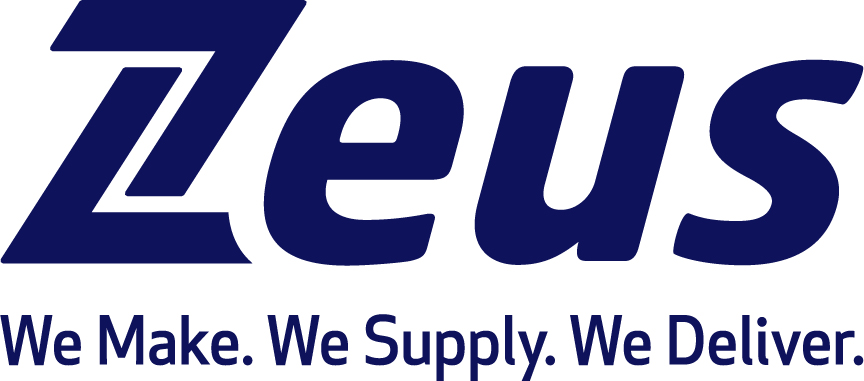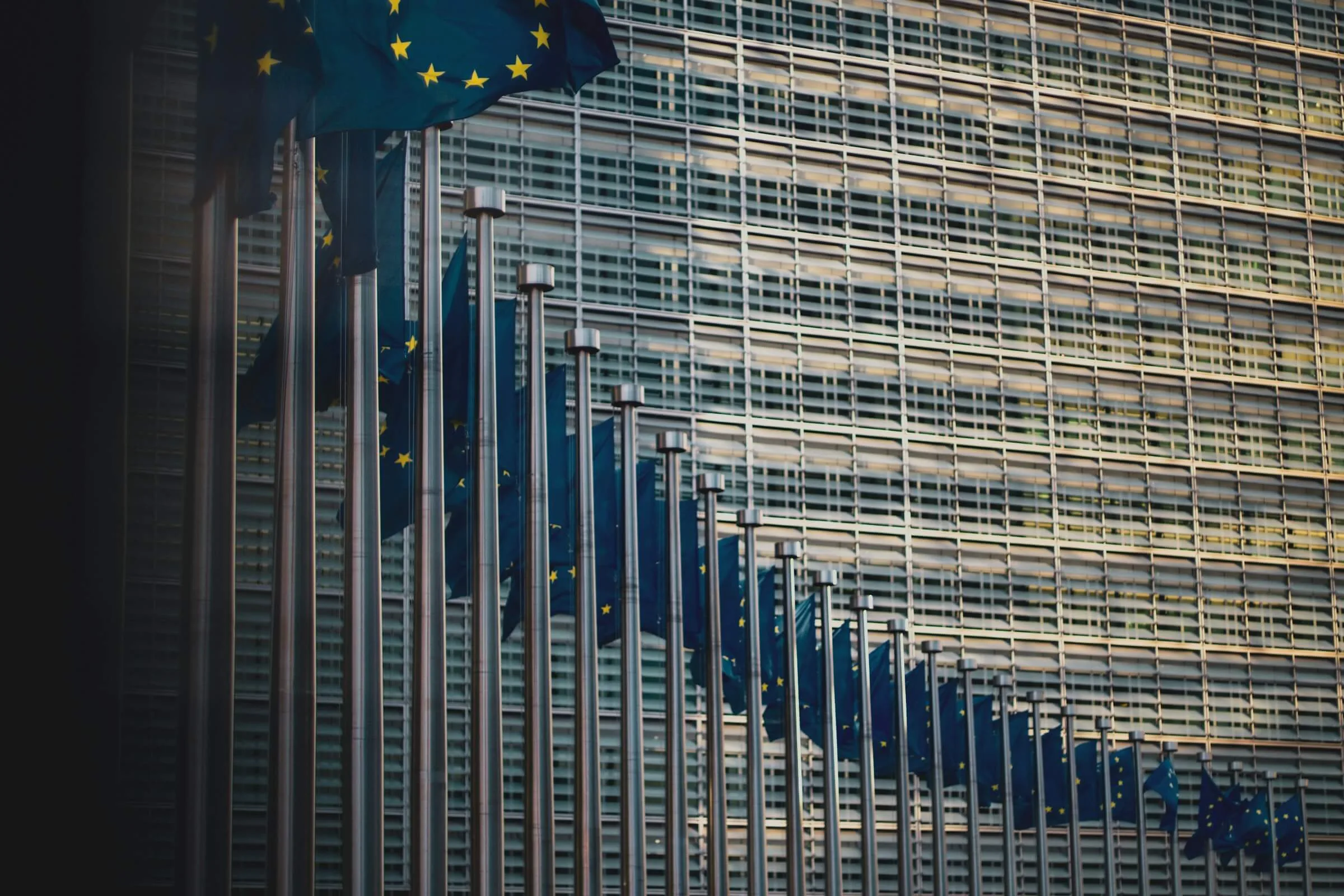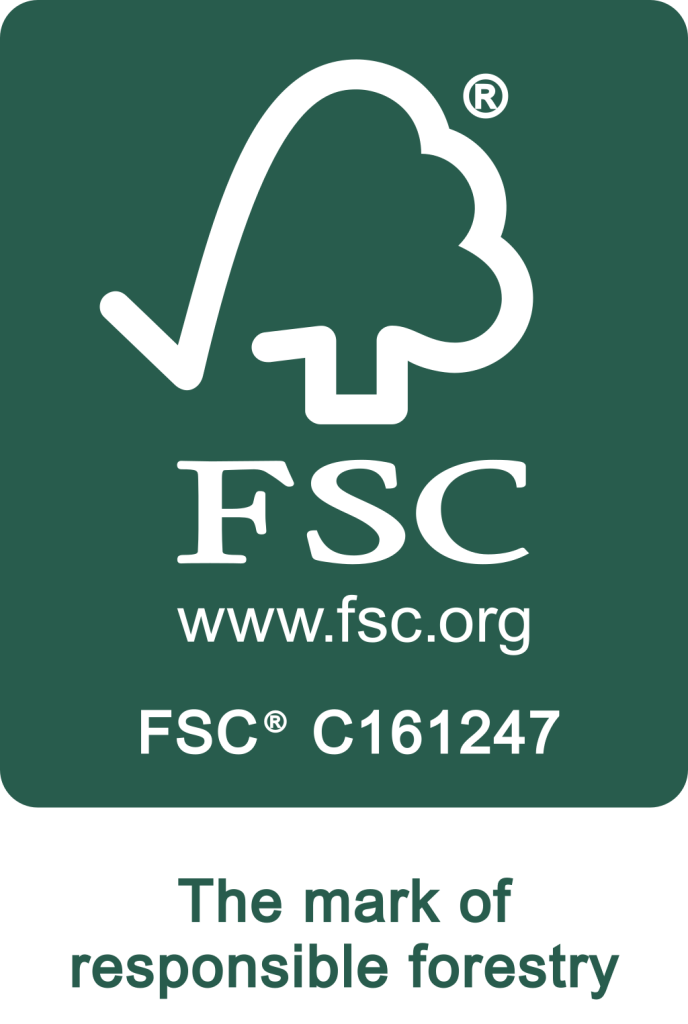Navigating the Complexity of EU Packaging Waste Regulations
The European Union’s approach to packaging waste regulation is designed to tackle environmental challenges, promoting recycling and reducing the use of harmful materials. However, the reality of implementing these regulations across diverse political and economic landscapes reveals significant complexities that both businesses and policymakers must navigate.
At Zeus Packaging, we operate in multiple countries, both inside and outside the EU, and have experienced firsthand how regulations intended to reduce waste are interpreted and enforced differently in each location. This variability adds layers of complexity, not only for compliance but also in achieving the goals of the legislation.
A Fragmented Approach
The EU’s Packaging and Packaging Waste Directive (PPWD) is central to the bloc’s efforts to reduce packaging waste and encourage recycling. However, each member state has the freedom to implement these directives in its own way, leading to a patchwork of rules that vary significantly across borders. Some countries focus on plastic taxes, while others rely on Extended Producer Responsibility (EPR) schemes. For businesses like Zeus, these variations create operational challenges, as we must adapt to different regulatory frameworks in each country, often at substantial cost.
These regulatory differences can create inefficiencies, as well as unintended consequences. Smaller businesses may face higher compliance costs, while larger corporations with more resources might be able to manage these complexities more easily. The net effect can sometimes be slower progress toward the overarching goal of reducing environmental impact.
Balancing Regulatory Goals with Practical Implementation
While the objectives of EU packaging regulations are clear—reduce waste, increase recycling rates, and promote sustainability—the implementation on the ground often presents challenges. For example, some regulations, like those targeting single-use plastics or specific hazardous materials, such as PFAS (per- and polyfluoroalkyl substances), have different timelines and enforcement strategies across the Union. Countries like the Netherlands have been more proactive in banning PFAS, while the broader EU approach includes phased reductions that will take years to fully implement.
This staggered approach allows time for industry adaptation but also highlights the tension between regulatory ambition and practical enforcement. Balancing environmental goals with the economic realities of production is an ongoing challenge for both regulators and businesses.
According to Declan Breen, Head of Sustainability at Zeus Packaging, “One of the biggest hurdles for our customers is navigating the inconsistency in regulatory frameworks across the EU. At Zeus, our role as their packaging partner is not just to provide sustainable solutions but to guide them through this fragmented landscape, helping them make informed decisions that align with both environmental goals and local legislation.”
The Role of Business in Achieving Environmental Goals
For companies operating within the EU, compliance with packaging waste regulations is not just a matter of meeting legal requirements. Many businesses, including Zeus Packaging, see it as an opportunity to innovate and adopt more sustainable practices. However, the diverse and sometimes conflicting regulatory landscape can make it difficult to focus on longer-term sustainability goals when the short-term priority is compliance.
The industry plays a crucial role in reducing waste and transitioning toward a more circular economy. By investing in new materials, technologies, and waste reduction strategies, businesses can help drive progress toward the EU’s goals. However, achieving this often requires navigating complex regulations that vary significantly by region, creating both opportunities and challenges.
Looking Ahead: Harmonization and Future Progress
The complexity of the regulatory landscape is a reflection of the diverse political, economic, and environmental contexts across the EU. While this can make achieving uniform progress more difficult, it also provides an opportunity for innovation as countries test different approaches to reducing packaging waste.
For businesses, the challenge lies in remaining agile and adaptable in the face of evolving regulations. At Zeus, we continue to explore new ways to align with both national and EU-wide sustainability goals, while recognizing the need for ongoing dialogue between industry, regulators, and other stakeholders to ensure that policies remain effective and practical.
Looking ahead, greater harmonization of packaging waste regulations across the EU could help reduce compliance burdens for businesses and improve overall progress toward sustainability goals. Such alignment could enable a clearer path toward reducing environmental impacts while maintaining economic viability, ensuring that both businesses and the environment can thrive.







